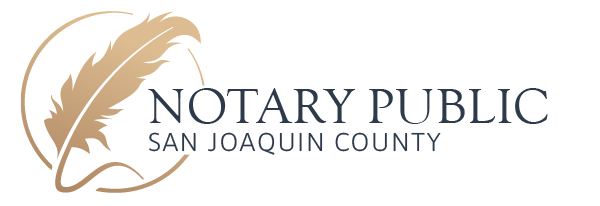What is an Apostille?
When Do You Need an Apostille?
You need an apostille if you’re planning to:
Get married abroad
Enroll in a foreign university
Conduct business internationally
Adopt a child from another country
Transfer real estate ownership abroad
Common documents that often require an apostille include:
Birth certificates
Marriage certificates
Divorce decrees
Power of attorney documents
Notarized contracts
How to Obtain an Apostille in San Joaquin County
Step 1: Ensure your document is properly notarized (if needed). Some documents require notarization before they can be apostilled.
Step 2: Submit your document to the California Secretary of State’s office. You can either mail it in or visit one of their regional offices.
Step 3: Pay the applicable processing fee. As of 2024, the fee for each apostille request is $20.
Step 4: Wait for processing. In-person requests are typically faster, while mailed requests may take a few days to a few weeks.
Important Tip: Always verify if the receiving country is a member of the Hague Apostille Convention. If not, you may need additional document authentication through a consulate or embassy.
Local Help: Working with a trusted mobile notary service, like Notary Public SJC, can ensure your documents are properly notarized and ready for apostille submission, saving you time and hassle.
Conclusion and Call to Action: Navigating international document requirements can feel overwhelming, but understanding apostilles makes the process

